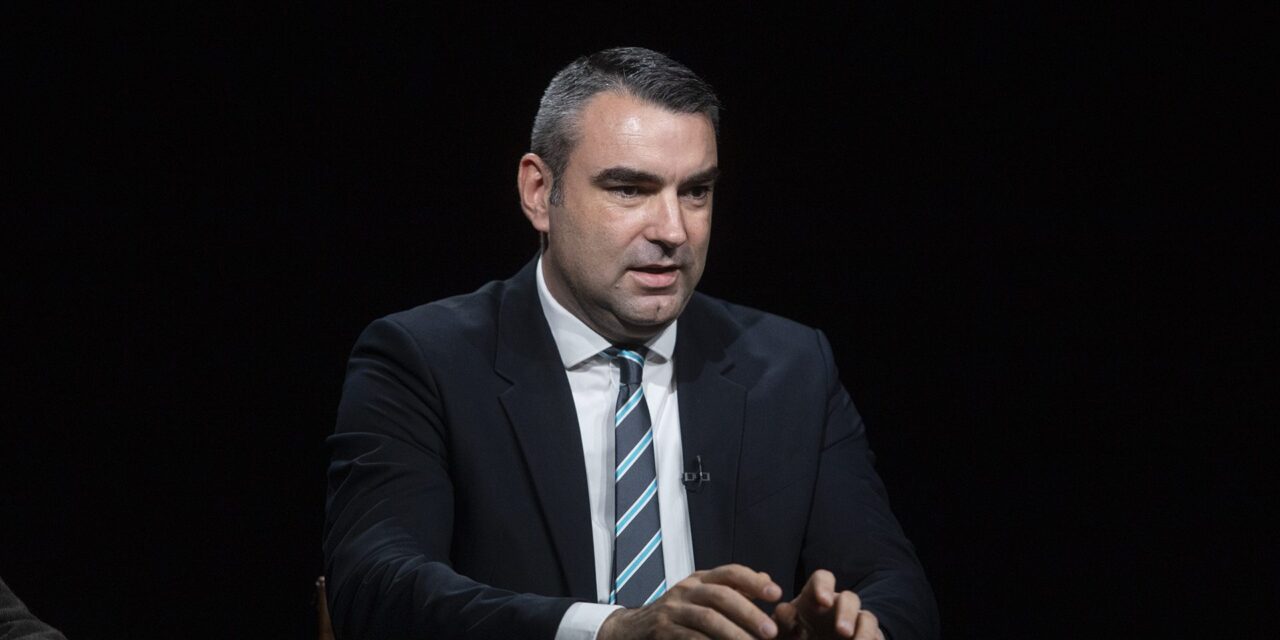What is China's stance on the Russian-Ukrainian war? What is the significance of the strategic agreements concluded between Hungary and China? What geopolitical challenges does Hungary have to face? Interview.
What is the significance of Thursday's Hungarian-Chinese meeting?
The Chinese president last visited Hungary twenty years ago, so Xi Jinping's visit was not only a significant but also a historic event. Hungary has been a comprehensive strategic partner of China since 2017, and now it has been promoted to a higher-level strategic partnership relationship, which represents the second highest level of Chinese partnership relations.
The relations with China are generally positive, but this is especially evident during the period of government of Prime Minister Viktor Orbán since 2010, so for example Hungary joined the Chinese Belt and Road initiative in 2015, and even this year Hungary was already a prominent beneficiary of around 570 million dollars China's outbound direct investment.
In 2022, the Chinese battery manufacturer CATL agreed to invest 7.5 billion dollars in the construction of a factory in Debrecen, and the Minister of Foreign Affairs and Trade Péter Szijjártó announced last year that the total value of Hungarian-Chinese trade relations exceeds ten billion dollars.
The two countries continue on this successful path: the 18 agreements signed now provide a suitable framework for the implementation of joint projects between the two states. These include, for example, the financing of a new railway line, the joint development of the charging network for electric cars and the construction of another border crossing between Hungary and Serbia were also announced. All this is a worthy and convincing confirmation of the fact that the two countries are celebrating the 75th anniversary of the establishment of diplomatic relations this year:
Hungary officially recognized the People's Republic of China on October 3, 1949.
The current diplomatic negotiations between China and our country could be described as the conduct of bilateral relations by sovereign state partners - and taken seriously by both sides - in the framework of which common and mutually acceptable solutions for future, prosperous cooperation were found with peace-oriented diplomatic tools and commitment throughout. . The two countries set an example that in today's world, dialogue and finding common ground can lead to a more normal international reality and a fairer diplomatic space.
How do you see China's role in the Russian-Ukrainian conflict?
China has tried to mediate between Russia and Ukraine, but has mostly received only criticism for its proposals. On February 24 last year, the first anniversary of the outbreak of the war, China released a twelve-point draft peace plan calling for a ceasefire and peace talks, and on the same day, Ukrainian President Zelensky indicated that they were willing to consider some aspects of the Chinese proposal, but even the Russian Foreign Ministry welcomed it the Chinese proposal.
All of this highlights the critical responsibility of the pro-war, transatlantic West, such as the United States led by President Biden and the Democrats, and the European Union, which currently lacks serious leaders, in the fact that the parties in the conflict could not get closer to peace.
A significant turnaround is needed in Brussels and, following the presidential election in November, in Washington as well, so that the determined Chinese and Hungarian peace efforts can really reach their goal.
The full interview can be read at hirado.hu!
Featured image: Hirado.hu/ Gyula Péter Horváth













